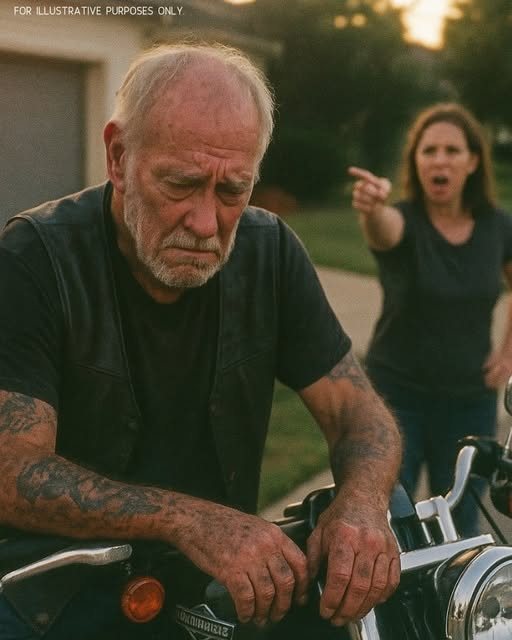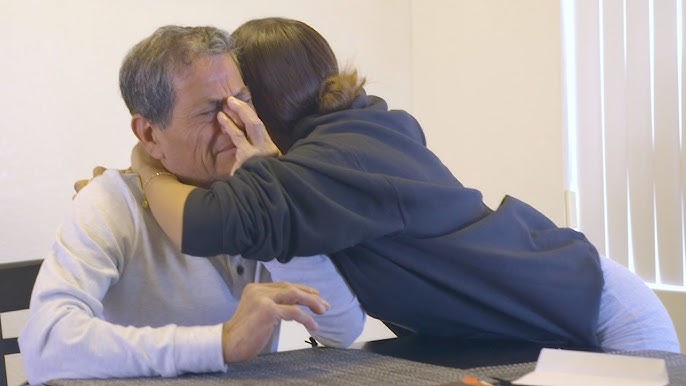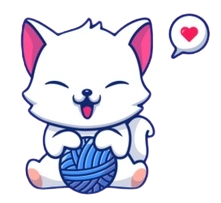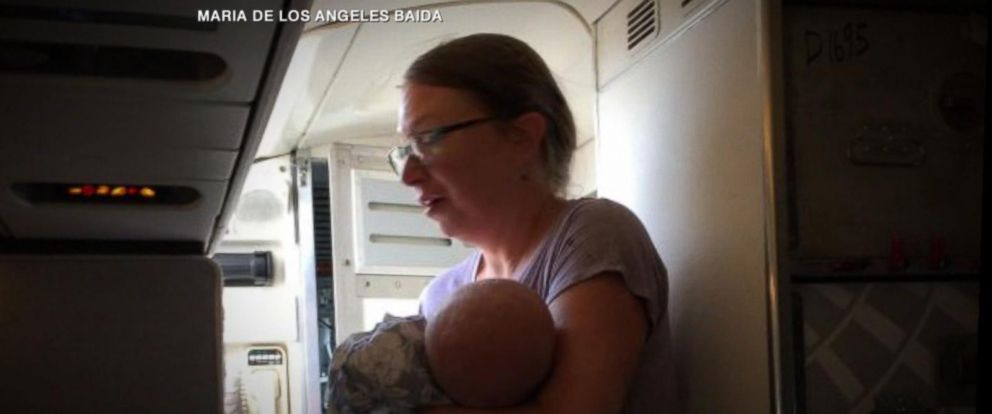50 Years of Hard Work, Why I Still Believe My Father’s Retirement Money
After 50 Years of Hard Work, I Still Felt Like My Father’s Retirement Money Should Be Mine
My dad called his retirement trip his “last great adventure.” For him, it was the culmination of fifty years spent fixing motorcycles, running a small shop, and working with his hands through every season of life. For me, it felt like a slap in the face.
He sold the shop, and instead of helping me with a down payment on my condo—the one thing I’d hoped might help me finally catch up—he bought himself a shiny new Harley. I’m 42, barely staying afloat in a sea of bills and stalled ambitions, while he was out chasing freedom like he was still twenty-five.
I thought family meant showing up for each other. Helping each other. But when I asked for support, all I saw was him choosing himself.

50 Years of Hard Work, Still Believe My Father’s Retirement Money
Something inside me cracked.
Since Mom passed away five years ago, I’d imagined Dad would slow down, maybe settle into something quieter—something more rooted. But instead, he slipped right back into the wild, leather-jacketed version of himself he used to be. Like losing her pushed him to grab at life even harder.
When I asked why he couldn’t help me, he reminded me that he’d already given me help—a good education, a debt-free start. That he’d spent years giving and giving. And that this trip? This wasn’t just a whim. It was a promise to Mom. A vow to keep dreaming. To keep living on his own terms.
Still, it felt like he was living in the past while I was drowning in the now. We were on two completely different roads—and I didn’t know how to bridge that gap.
The night he left, I confronted him—frustrated, hurt, feeling abandoned all over again. He didn’t argue. Instead, he handed me a small check—money he got from selling his tools. “It’s not about the money,” he said, “It’s about respecting that I still get to choose how I live my life.”
And then he rode off.
I watched him disappear down the street and wondered: Had I been selfish? Or just scared? Maybe both. Maybe I had expected him to anchor me when he was trying to unmoor himself for the first time in decades.
Months passed.
Then one afternoon, he came back—beard longer, eyes brighter, with stories that sounded like something out of a novel. Riding through backroads in New Mexico, camping under stars in Montana, laughing with strangers at gas stations. He talked about freedom—not as an escape, but as something he hadn’t truly known until now.

And for the first time, I saw him not as reckless or careless. But as a man who had spent a lifetime giving—and who finally, finally—decided to give something back to himself.
We sat together on the porch, not talking for a while. Then I said it: “I’m sorry. I judged you before I tried to understand you.”
He just smiled and said, “We all have blind spots. I’m just glad you’re starting to see me clearly.”
Maybe love isn’t always about holding on. Maybe it’s about letting go, even when it hurts. Maybe it’s about learning to see each other not for who we expect someone to be, but for who they are, right now.
We were both still learning. Still finding our way. Still living—just on different terms.
And maybe that’s okay.We were both still learning. Still finding our way. Still living—just on different terms.
And maybe that’s okay.
In the months that followed, something between us shifted. We weren’t trying to fix each other anymore. Our conversations changed—from passive-aggressive jabs about money or missed opportunities, to quieter, more genuine talks. Not always deep, but more honest.
Dad started calling me more. Not to lecture or ask how I was doing financially, but just to share a funny story from the road, or ask what I was cooking that night. He began sending postcards again—something he hadn’t done since I was a kid. Postcards from little towns with names I’d never heard of, signed with things like: “Still chasing the horizon. Hope you’re doing okay. – Dad.”

At first, I didn’t know what to do with them. I’d leave them on the counter, unsure whether to laugh or feel guilty. But after the fourth or fifth card, I started pinning them up on the fridge. My girlfriend noticed and smiled. “He’s trying,” she said. “That means something.”
She was right. It did.
One day, I pulled out the check he had given me months earlier—still untouched. Not because I didn’t need the money. I did. But because over time, it stopped feeling like a lifeline and more like a symbol. A reminder that he hadn’t abandoned me—he had simply chosen to live for himself, after decades of living for others.
I finally deposited it the same day I paid the first closing costs on a small condo—nothing fancy, but mine. I texted him a photo of the keys in my hand. He didn’t reply right away, but that evening, he sent a photo back: his bike parked in front of a coastal sunset. His message said, “Proud of you, kid. We’re both building something.”
Grief is strange. It’s not just about death—it’s also about change. About the versions of people we have to let go of so they can grow into who they’re meant to be. I grieved the father I thought would become the quiet, grounded retiree, always nearby, ready to bail me out. But I gained something better: a real man with dreams, with flaws, and with the courage to chase happiness at full speed.
Now, when he rides into town, he stays a few nights with me. We sit on the balcony, drink coffee, and talk about how ridiculous life is. He tells me stories, and I listen—not with judgment, but with curiosity.
The gap between us isn’t so wide anymore. He hasn’t changed who he is—but maybe I’ve changed the way I see him. And in doing so, maybe I found a bit more of who I’m meant to be, too.
I don’t know what comes next—for him, or for me. But I know this:
Sometimes, love doesn’t look like sacrifice. Sometimes, love is a Harley engine, roaring into the distance, reminding you that it’s never too late to start over.
And that sometimes, the greatest inheritance isn’t money.
It’s freedom.




